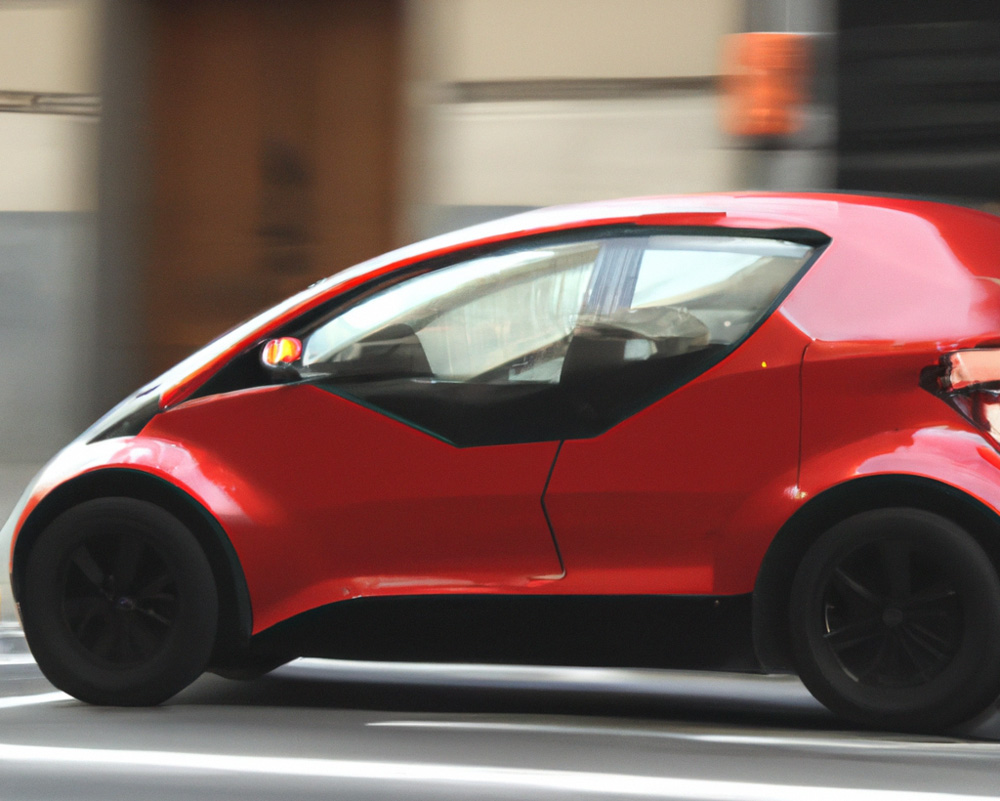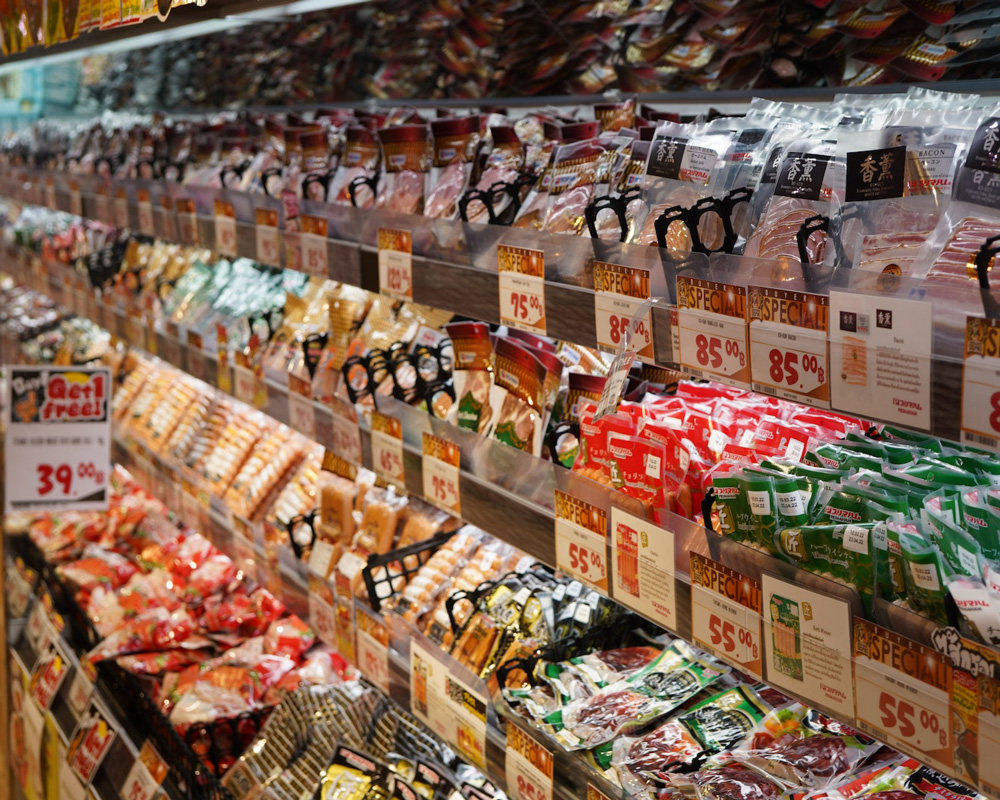With as many as 4.7 Million people in Britain going scarce of food, including a 3 % rise from last years’ statistics, it is more important than ever to highlight the issue of food wastage in the UK. Food wastage is a common problem in many countries, particularly in and across the EU and Northern America, however in the UK it is even worse. Although Britain is one medium-sized country of the EU its food wastage is nearly double the EU average. Not only does food wastage mean those in need are not receiving food it, it is bad for our environment and wastes millions of pounds per year for both retailers and consumers.
In 2015 a law was issued in France to stop food wastage and make supermarkets and food outlets donate food past sell-by dates that is still edible to charities. Similar to Britain, France had a lot of food wastage issues as well as many families unable to buy food. By donating surplus food to charity the French government hopes to reduce the amount of its population going without food. Supermarkets and retailers can be fined up to €3,750 for having a large food wastage footprint. Many campaigners are asking for a similar policy to be implemented in Britain, due to the rise of benefit cuts meaning many families cannot afford basic food essentials. A similar policy to that of France was in fact issued in the previous labour manifesto during the general election. However, it has since been taking out. Other European countries have started to open food discount shops where supermarkets can send their unwanted food to sell. These food discount stores could solve both food waste and the issue of many not being able to afford fresh produce. One example of this is the Wefood shop founded in Denmark. This store stocks food with damaged packaging and labels, as well as foods closer to use by date.
Although it might not appear to, food wastage has a substantial effect on the environment. Food wastage contributes to 18 million tonnes of landfill space. This contributes the amount of methane and greenhouse gas emitted by the UK by around 21%, as in order for the material to biodegrade it produces methane. This shows the considerable effect this amount of food waste has on our environment simply through greenhouse gas. There are also other contributing factors. Packing and distribution are other factors which play a part in food wastage. When food is thrown away it is often thrown away in its packaging, some of which could have been recyclable. Supermarket waste must also be transported to landfill sites, meaning the more waste the more distribution and transport.
Supermarkets and the government, however, are implementing policies in order to stop this waste. Many supermarkets are now donating surplus food to charities in order to feed the homeless and hungry. Sainsbury’s have started a “love food hate waste” programme which hopes to reduce the amount of food wastage. Many supermarkets are attempting to reduce prices on food that is nearing its sell by or use by date. However, there is only so many supermarkets can do in order to reduce wastage. Most food waste comes from UK households themselves. Houses with families produce more waste than those without however the number is still substantially high. Supermarkets and the government are attempting to educate the public on portion and shopping sizes. Some supermarkets have followed the example of Spain and reduced the amount of two for one and three for two offers as this makes the consumer think they are getting a better deal. It is also not profitable for retailers as they have to sell produce in order to make a profit. Some retailers have changed their buy one get one free offers to buy one get one free later, allowing shoppers to come back for their second item on their next shopping trip. This not only helps retailers bring back business but it reduces household food wastage.
It is important when shopping to make sure you are only buying what you need and for many, it is important to make sure the quality of the food you buy is substantial. Most consumers will not buy what is called “wonky” or “ugly” veg. This is due to the previous conception from retailers that fresh produce looks a certain way. For example, cucumbers are straight rather than curved. Suppliers only supply retailers with straight cucumbers as they are easier to transport and box, meaning that any cucumbers that do not fit the quality are binned creating waste. There has however been a rise in “wonky” and ugly” fruit and vegetable produce. Most shops such as Tesco have started selling this produce in there everyday and essential ranges. This plan so far has increased the lack of “wonky” and “ugly” fruit and vegetable wastage. Supermarkets are also implementing other policies in order to stop “wonky” veg wastage. This includes putting such veg in ready made meals and salads. This however could be due to a floor in the education system as the general public does not appear to understand where their food comes from, and that I can come in all forms, shapes and sizes.
One big issue with that creates food wastage is the issue of misunderstanding of labels. Most consumers misunderstand the sell by, use by and best before labels on food, particularly fresh food. Consumers prefer to opt for fresher produce in order for it to last longer. Due to this supermarket’s such as Lidl do not put use by stickers on their fresh produce. However, this issue can be solved by communication and education to consumers. The use by date is the date refers to safety. Food can be eaten up to this date but not after even if it looks and smells fine. An example of this is milk. The best before date refers to quality rather than safety. Food should be safe to eat after this date but it may not be at its best. It is best to smell and inspect the food properly. An example of this is bread. Display until and sell by dates are for staff not for shoppers, an example of this is a salad. Shops such as Sainsbury’s with their love food hate waste campaign are increasingly trying to communicate this to customers. There is also the fab food programme which is designed to educate and engage local schools. This programme has had vast success due to parent involvement. A new app has been developed in link with Sainsbury’s programme, the OLIO app which encourages people to share food and meals with their neighbours and other people in their community. The app also works by allowing users to look inside their fridge when shopping through an internal camera linked to the app.
To conclude food waste is a big issue in the UK, however, it is easily solved. Most supermarkets are attempting to solve the waste issue, however, there is still much more that can be done. More education should be made to the public, including through schools. Supermarkets should continue donating food to charities in order to help those who are less fortunate and unable to buy food. One other solution to the issue would be for retailers to order less produce from suppliers, this would also reduce consumer costs and solve the issue of affordability of fresh produce. Supermarkets, for example, co-op and Morrison’s, should do more in terms of food waste and disregard their competitors in the waste in issue. Food waste, however, is declining especially in from supermarkets. It is important that the UK understand portion sizes and stop over shopping.





